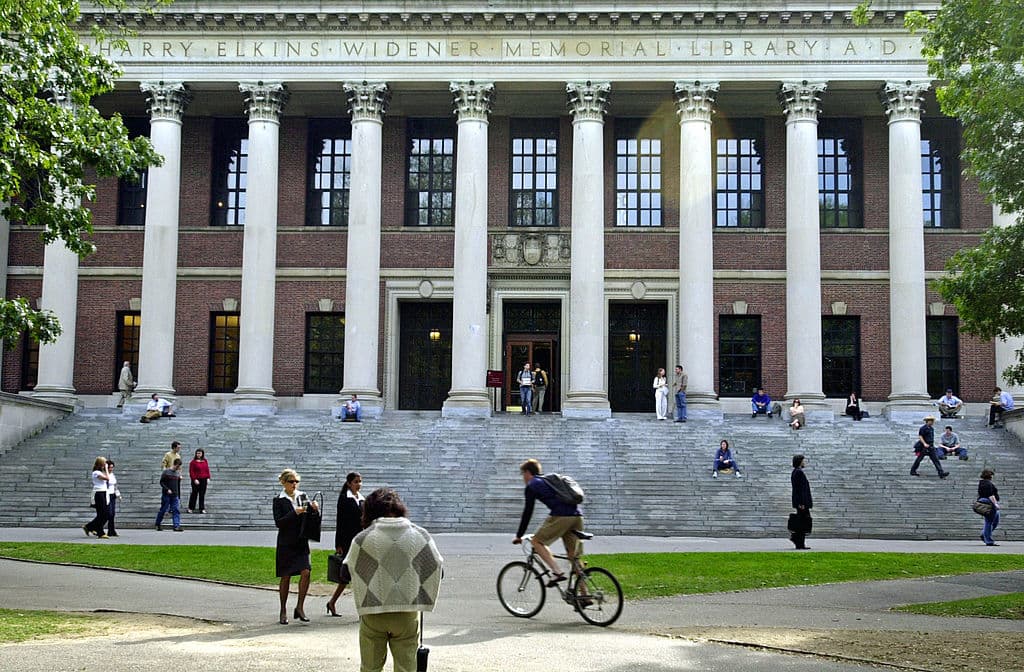Biden Administration’s Push To Preserve Racial Diversity in College Admissions Could Invite Legal Trouble
Schools invoking proxies for applicants’ race could struggle against the high court’s assertion that ‘what cannot be done directly cannot be done indirectly.’

With the approach of the first college admissions cycle since the Supreme Court banned affirmative action, the White House, which made no secret of its displeasure with the ruling, is pressuring colleges and universities to find ways in spite of the high court to maintain racial diversity. Yet analysts say that higher education officials seeking to continue admissions-as-usual risk infringing upon the law.
Please check your email.
A verification code has been sent to
Didn't get a code? Click to resend.
To continue reading, please select:
Enter your email to read for FREE
Get 1 FREE article
Join the Sun for a PENNY A DAY
$0.01/day for 60 days
Cancel anytime
100% ad free experience
Unlimited article and commenting access
Full annual dues ($120) billed after 60 days

